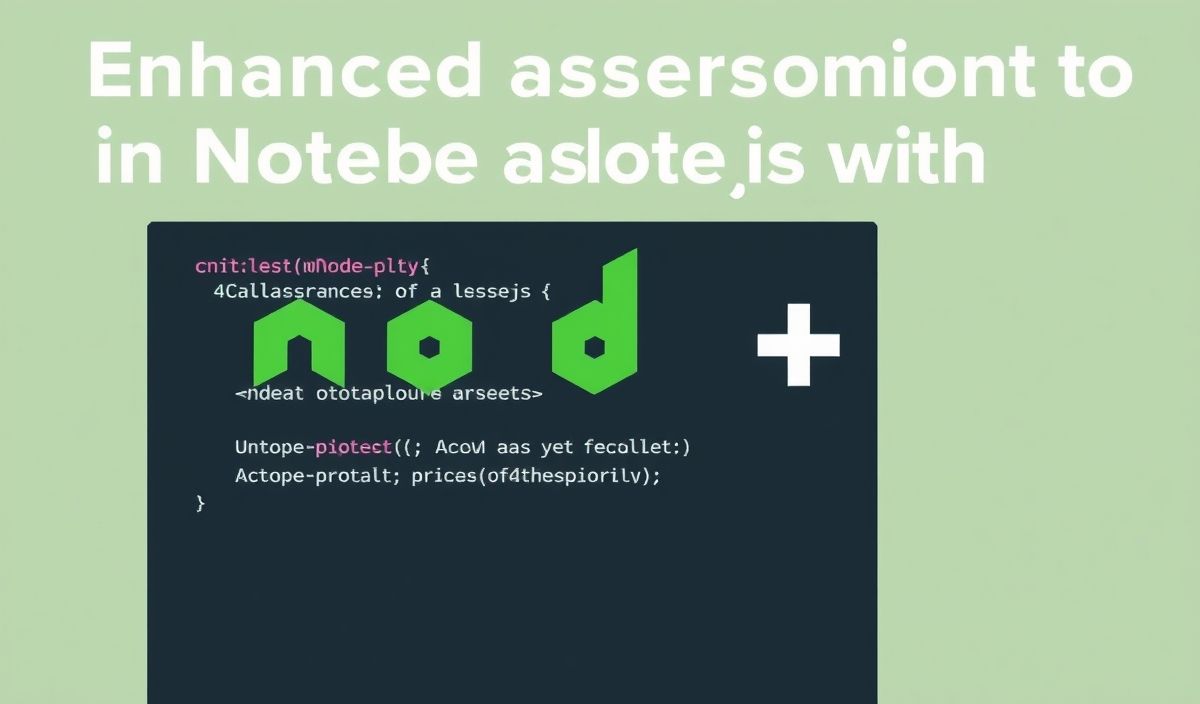Unlock JSON5: The Ultimate Guide to Enhanced JavaScript Object Notation with Comprehensive API Examples
Welcome to our in-depth guide to JSON5 – the extended version of JSON, designed to be more flexible and human-readable. JSON5 offers several improvements over the traditional JSON format, such as allowing comments, trailing commas, and more.
Introduction to JSON5
JSON5 is a great choice for those who want more from JSON. It’s an extension that offers human-friendly improvements while maintaining the simplicity and interoperability we love about JSON. Let’s delve into some of the key features and dozens of useful API examples to get you started.
Installation
npm install json5 Basic Usage
const JSON5 = require('json5'); const obj = JSON5.parse('{name: "John", age: 30}'); console.log(obj.name); // "John" Stringifying with JSON5
const obj = {
name: 'John',
age: 30,
// This is a comment
}; const jsonString = JSON5.stringify(obj, null, 2); console.log(jsonString); Working with Comments
const jsonWithComments = ` {
// User details
name: 'John',
age: 30
} `; const data = JSON5.parse(jsonWithComments); console.log(data); Handling Trailing Commas
const data = JSON5.parse(`{
name: 'John',
age: 30,
}`); console.log(data); Multi-line Strings
const json = JSON5.parse(`{
text: "This is a
multi-line string"
}`); console.log(json); App Example
Below is an example of a Node.js application using JSON5 for configuration:
const fs = require('fs'); const JSON5 = require('json5');
// Read and parse the JSON5 configuration file const configString = fs.readFileSync('config.json5', 'utf-8'); const config = JSON5.parse(configString);
console.log(`Server will start at ${config.server.host}:${config.server.port}`);
// Running an example server const http = require('http');
const server = http.createServer((req, res) => {
res.statusCode = 200;
res.setHeader('Content-Type', 'text/plain');
res.end('Hello World\n');
});
server.listen(config.server.port, config.server.host, () => {
console.log(`Server running at http://${config.server.host}:${config.server.port}/`);
}); And the corresponding config.json5 file:
// config.json5 {
server: {
host: '127.0.0.1', // Server hostname
port: 3000, // Port number
}
} As you can see, JSON5 offers features that make configurations and data handling more flexible and readable.
Hash: 84ac06eb66e5a7677ee4883a22178474d3933219b562ede89c154070ee6a3d2b




